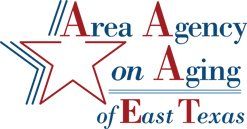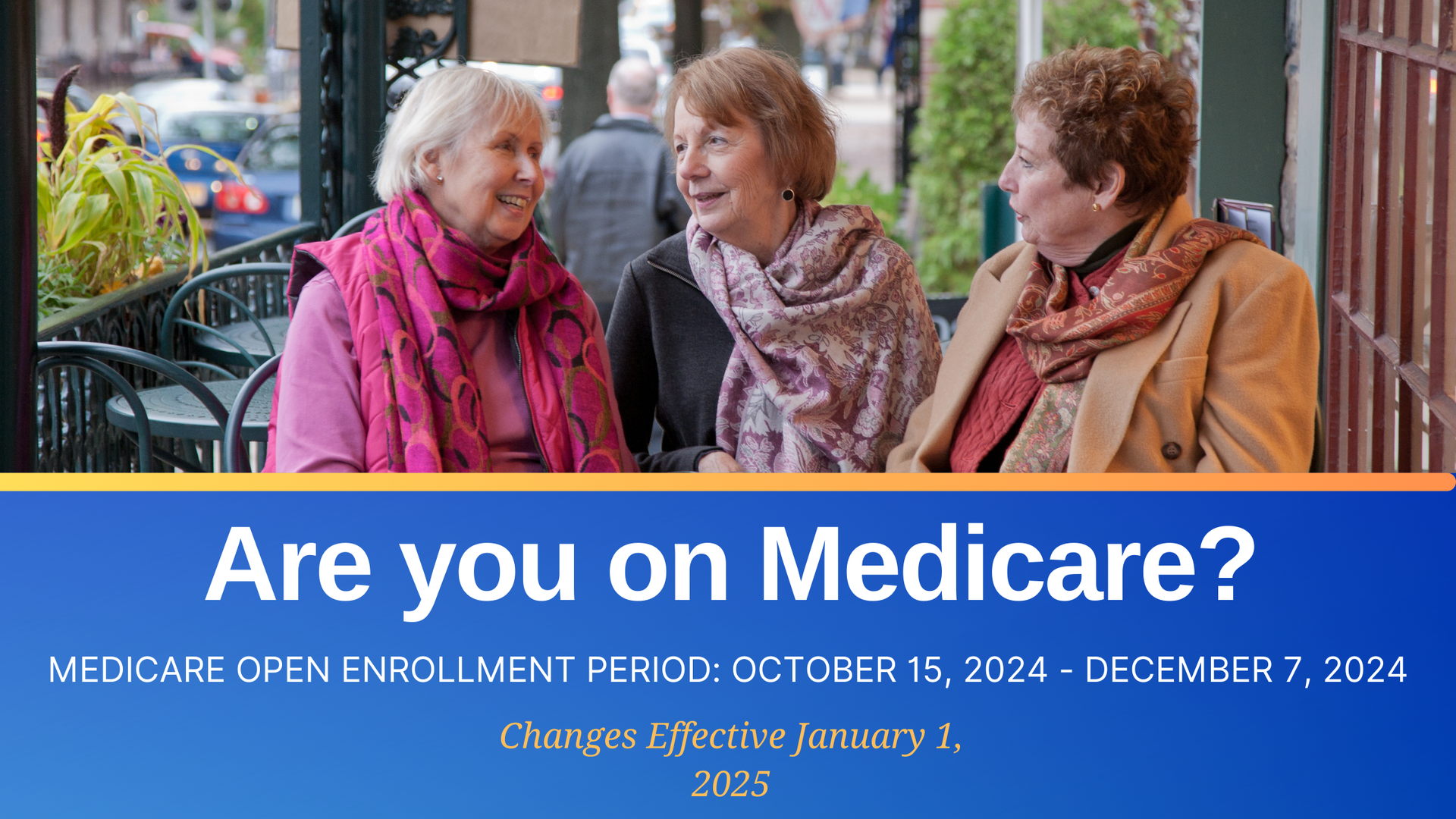Fraud Alert: Scammers Steal Money From the Public Through Fake HHS Websites and Social Media Schemes
The U.S. Department of Health and Human Services (HHS), Office of Inspector General (OIG) is alerting the public to a fraud scheme that uses social media and fake websites to steal money from individuals by offering fake HHS grants.
The scheme involves scammers pretending to offer you grants from HHS and asking for payment or personal information to receive the fake grants. Scammers may use various social media platforms and chat applications to contact you and direct you to fake websites, online chats, chat boxes, or live customer support in order to lure you into providing your personal or financial information. These scammers may pretend to be a “friend” or someone from HHS. Although the precise message may vary, the scammer provides fake HHS employee information or a link to a fake HHS website, tells you that you will receive free Government grant money, and then asks you for money or personal information.
Do not pay scammers. HHS will never ask you to pay money to receive a grant. Scammers may ask you to send gift cards or money to cover processing and/or delivery fees. Do not respond to, pay, or share any financial information with anyone contacting you via social media, email, or otherwise offering free HHS grants or money.
Do not share your personal information. HHS will not message you through social media to begin a grant application. Scammers may offer fake HHS grant money in exchange for personal or financial information, such as your Social Security number, date of birth, address, bank account number, login information, or copies of your personal identification.
Do not be fooled by spoof websites. HHS websites always use a .gov domain. HHS does not use .org, .com, or .us domains.
Report grant scams. Never respond to any schemes that try to get you to pay money or give your personal information for an HHS grant. If you receive such a call or message, submit a hotline complaint or call 1-800-HHS-TIPS (1-800-447-8477; TTY 1-800-377-4950).






